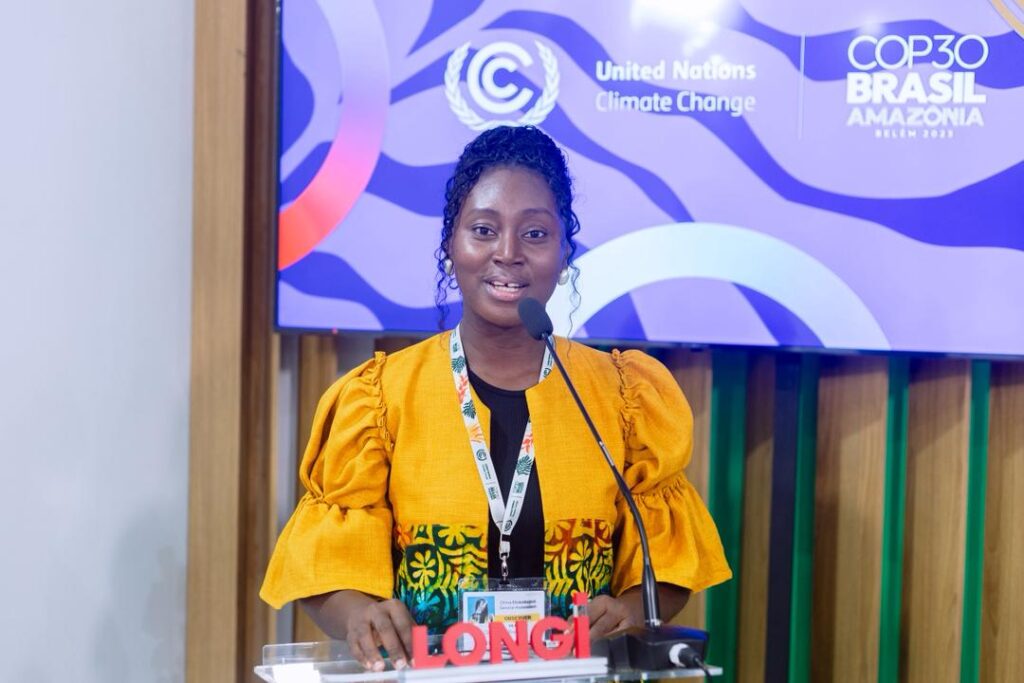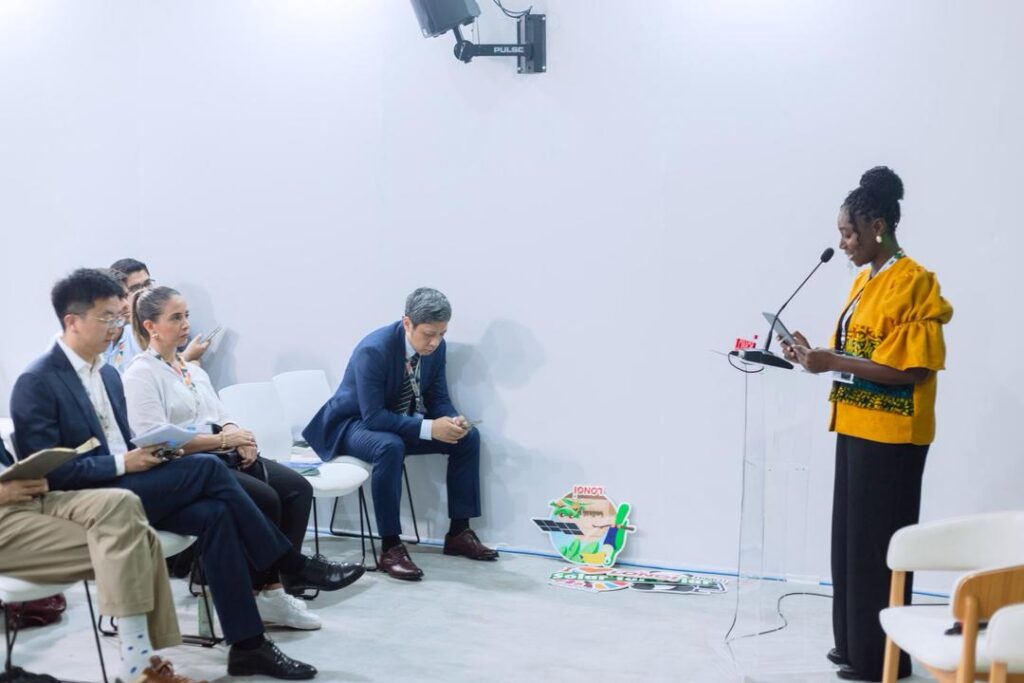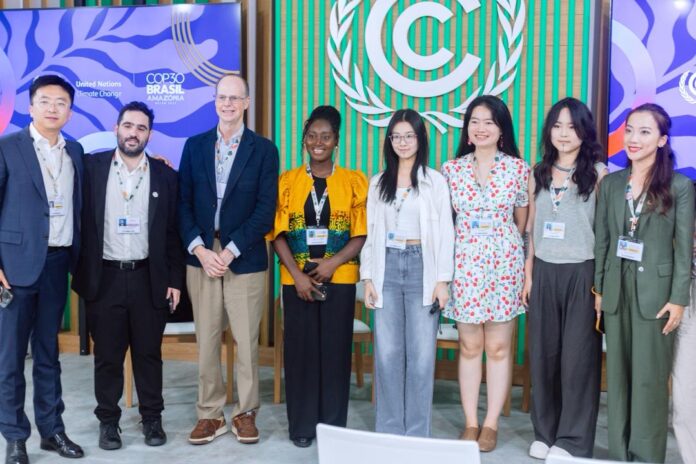The Jospong Group of Companies (JGC) is participating in the 30th Session of the Conference of the Parties (COP30) in Belém, Brazil, using the global platform to showcase a proven model for sustainable development.
The summit, which opened on November 10, is scheduled to conclude on November 21, 2025.
Key themes at COP30 include addressing climate change denial, raising ambition on climate targets, and achieving the goal of limiting global temperature rise to 1.5 °C above pre-industrial levels.
Other major discussions focus on climate finance for developing countries and the role of the fossil fuel industry in emissions.

Leading the high-level JGC delegation are Betty Brown Nyadu, General Manager of the Integrated Recycling and Compost Plant (IRECOP), Accra, and Ing. Glenn Kwabena Gyimah (PhD), General Manager of the Jospong Green Transition Office. They are joined by Senior Sustainability Officer Dr. Gloria Boamah Kusi and a team of journalists.

At the LONGi Climate Action White Paper launch—an official UNFCCC side event on Saturday, November 15—Dr. Boamah Kusi highlighted the economic and social impact of JGC’s IRECOP initiative, implemented through its subsidiary Zoomlion Ghana Limited.
“The project has created over 1,000 green jobs, with more than 35% filled by women, while improving sanitation and living conditions for over 1.4 million residents across Ghana,” she stated. She emphasized that this achievement embodies a people-centered climate model.
“This is what we proudly call carbon inclusion, ensuring the benefits of climate finance reach those who need them most,” Dr. Kusi explained. “It demonstrates that a sustainable business model can be both profitable and equitable, where waste truly becomes wealth.”
Developed under Article 6.2 of the Paris Agreement, the IRECOP project not only reduces emissions but also advances key Sustainable Development Goals, promoting decent work and gender equality.
Dr. Kusi concluded that the initiative offers a scalable and replicable blueprint for how strategic climate investments can simultaneously drive economic opportunity and environmental protection across the Global South.


